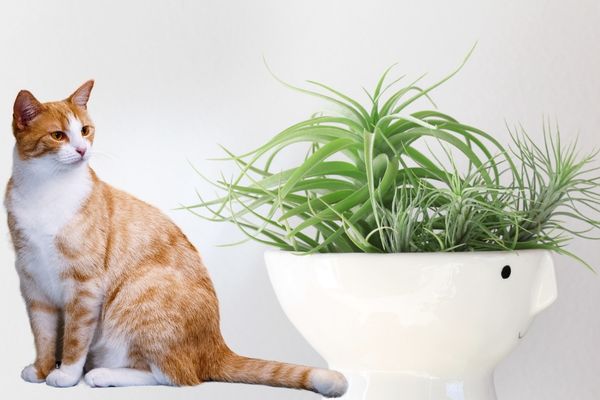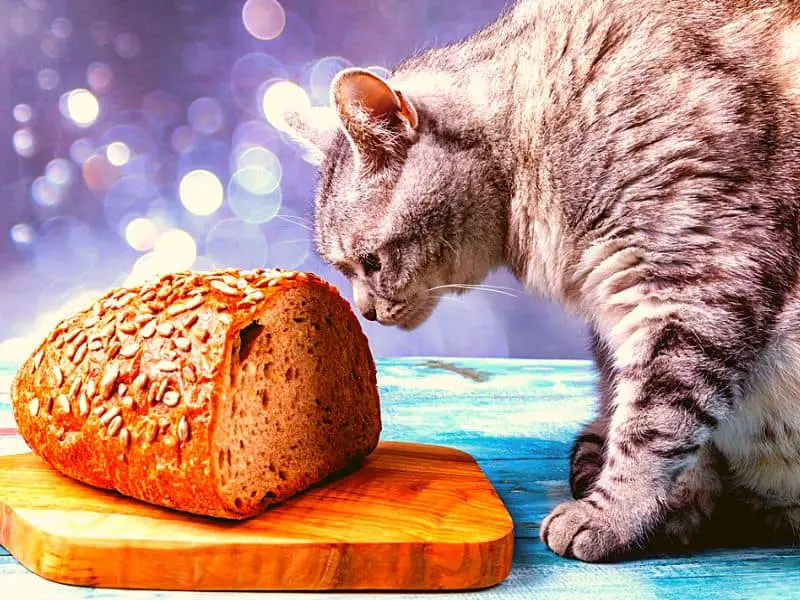Birman’s breed originated from France and Burma. They come from the Burmese temple cats known as the “Sacred Cat of Burma”. Birman is calm, gentle, loyal, and faithful to the owner. Also, note that Birman is entitled to a silky coat, deep blue eyes, and white gloves on each paw.
History and Origins
• Country of Origin: France, Burma
• Similar breeds: Spotted Egyptian Mau
• Another name: Sacred Cat of Burma
It is unknown how the Birman cat is developed where? It is being said that Birman comes from the cross between Siamese with Angoras or Persians. But most possibly, this breed developed in southeast Asia. Birmans are similar with a pointed pattern, long hair and blue eyes cat species.
Also, know that the parent’s breed of Birman was a pair of donated cats at the temple. Although the male cat has died, the female cat was pregnant before the male died. However, their kittens have developed in Europe.
After then, this kitten got recognized in 1925 as Birmanie. Hence, this breed was imported into the United States in 1959. And it is approved as a recognized breed by CFA, CCA, CFF and TICA.
Temperament:
Attractive appearance, easy to handle, faithful
Size:
Medium to large
Weight:
The adult female Birman cat weighs 6 and 10, and the adult male Birman weighs 10 to 12 pounds.
Colors:
Another good thing about the Birman breed is that it is available in pointed colors so that every cat lover can get a Birman cat as per their preferable color. Their body is pale, and their face, nose, ear, feet and tails are darker.
Average lifespan:
9 to 15+ years
Birman cat price:
A regular pedigree Birman costs about $600-$1,000. You will get this from a general breeder. Conversely, you have to pay about $1,200-$3,000 to purchase a quality pedigree Birman kitten from a reputable breeder.
Traits of Birman cat
• Birman comes with an attractive appearance with blue eyes, a silky coat and white gloves on the paw.
• These cats are easygoing with the guest as well as family members
• They love to play with interactive toys, family members, and other pets
Here's a related post that you might find useful. Breeds of Flat Faced Cats: The Ultimate Guide to Adorable Companions
Care and maintenance of Birman
Grooming:
Even though Birman is entitled to a long coat, they have not to undercoat. That is why Birman is known as a single coat cat breed. So, they don’t require much maintenance and care for daily grooming. Birman leave or shed their coats in spring. And they need special grooming in that season.
Nutrition:
Birman loves to eat dry food. Besides, this breed is used with regular homemade food like meat and fish. Keep in mind that although Birman has no particular nutrients, they require enough regular food. Also, make sure that your Birman is drinking plenty of water.
Health:
Generally, a Birman cat can love for up to 15+ years. Even they have no potential diseases from their genetics and hereditary. However, taking to the vet for consultation is important for a Birman cat. In the meantime, they need to be vaccinated at the right time.
FAQs:
1) Are ragdolls and Birmans the same?
No, although they look similar, Ragdolls and Birmans are not the same cats. The primary mismatch between them is in size and maintenance. Where a ragdoll cat is large, but Birman is medium. Besides, ragdoll sheds much, so they need much maintenance. On the contrary, the Birman cat sheds less, needing less maintenance. However, these two breeds are loving and relaxed.
2) Do Birman cats have health problems?
Birman cat breeds are not notably active like other cats. But they love to play, jumping and running all day long. Birman can have a potentiality of kidney diseases. Sometimes, I hear that young Birman can have kidney failure.
3) Are Birmans hypoallergenic?
Birman cats are not officially hypoallergic. But this breed sheds less. Even any serious allergic reaction has not been seen with the company of Birman cat. Remember that fur is not highly responsible for allergic reactions. Mainly the saliva and dander can cause allergies. In this case, Birman is not tending to have dander and saliva. So, it is a good option for those who have an allergy.

















